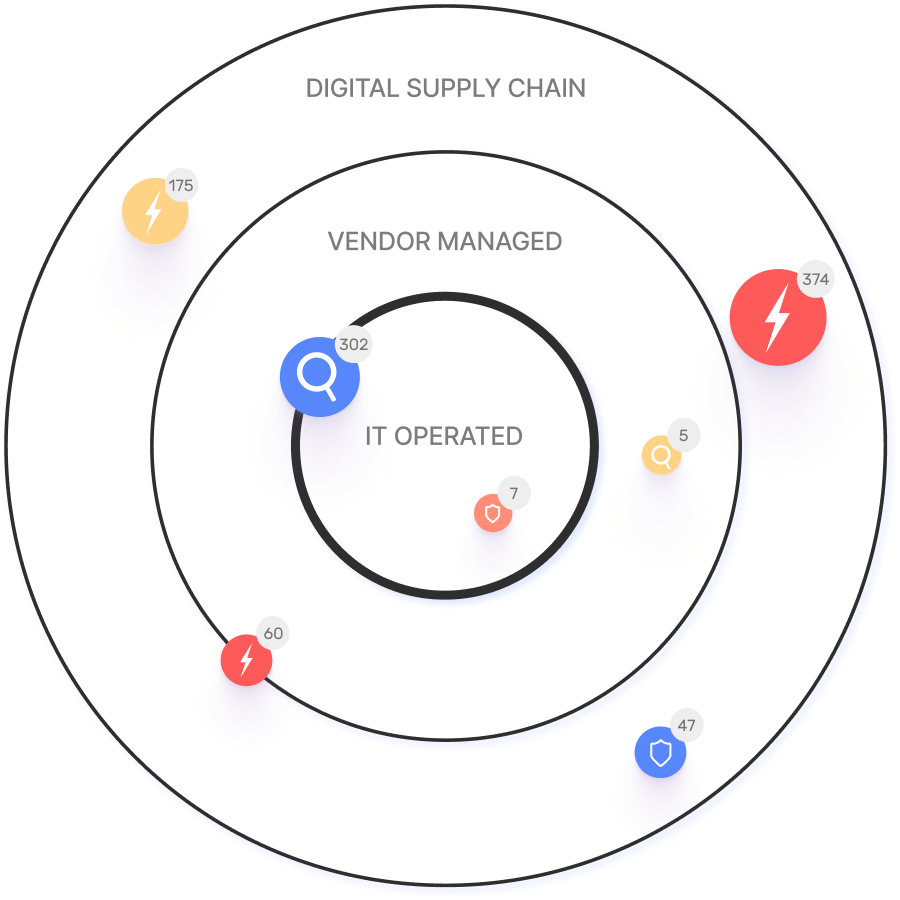Security Control
Back To GlossarySecurity controls play a crucial role in safeguarding organizational assets and protecting against cybersecurity threats and attacks. By implementing a combination of technical, administrative, and physical controls, organizations can establish a robust security posture that encompasses prevention, detection, and response capabilities. These controls include measures such as firewalls, intrusion detection systems, access controls, encryption, security policies and procedures, incident response plans, and employee training and awareness programs.
By deploying a comprehensive set of security controls tailored to their specific risk profile and business requirements, organizations can effectively manage security risks, safeguard sensitive data, and maintain the confidentiality, integrity, and availability of their systems and resources. Additionally, continuous monitoring and evaluation of security controls are essential to adapt to evolving threats and emerging vulnerabilities, ensuring that organizations remain resilient in the face of cybersecurity challenges.
By prioritizing the implementation and maintenance of security controls, organizations can strengthen their overall security posture and minimize the impact of cyber threats on their operations and reputation.


